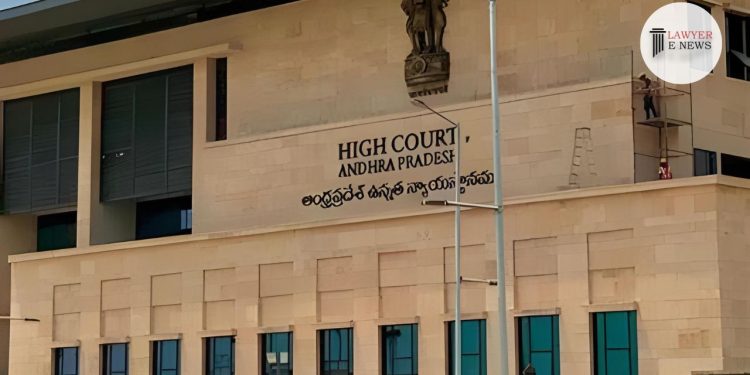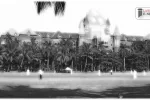Eye-Witness Testimonies Hold Firm Ground: Andhra Pradesh High Court Upholds Life Sentence for Brutal Murder

Conviction under Section 302 IPC for the Murder of Vinod Kumar Affirmed Despite Defense Claims of Witness Bias
In a significant judgment dated June 19, 2024, the Andhra Pradesh High Court upheld the conviction of K. Yoga Narasimha Reddy, also known as Bujji, for the brutal murder of Vinod Kumar. The bench, comprising Justices U. Durga Prasad Rao and Kiranmayee Mandava, affirmed the trial court’s decision, which sentenced the accused to life imprisonment and imposed a fine of Rs. 10,000. The court emphasized the reliability of eye-witness testimonies and the corroborative circumstantial evidence in dismissing the defense’s claims of witness bias and political rivalry.
The deceased, Vinod Kumar, worked as a Field Assistant under the NREG Scheme in Velkur village, Chittoor. The accused, K. Yoga Narasimha Reddy, a private bus driver, harbored a grudge against Vinod Kumar due to political disputes stemming from the 2006 MPTC elections. On September 6, 2011, the accused attacked and killed Vinod Kumar in broad daylight near Udipi Hotel, Chittoor, using a bill hook. The trial court convicted Reddy under Section 302 IPC based on the testimonies of eye-witnesses PWs 1 to 3 and corroborative evidence.
The court scrutinized the testimonies of PWs 1, 2, and 3, all related to the deceased, and found their accounts credible despite their relationships. Justice U. Durga Prasad Rao stated, “The initial statements made by the witnesses were corroborated by circumstantial evidence and the timely filing of the FIR.”
Emphasizing the importance of the prompt lodging of the FIR and the subsequent inquest report, the court observed that both were conducted shortly after the incident. “The FIR was lodged within a short time after the crime, validating the presence of the witnesses at the scene,” the judgment noted.
The defense argued that the murder was a result of longstanding political rivalry dating back to the 2006 MPTC elections. However, the court deemed the motive secondary to the direct evidence. “Even in cases of weak motive, credible evidence from eyewitnesses holds primacy,” the court noted, referring to past legal precedents.
During the examination under Section 313 of the Cr.P.C., the accused denied the charges and suggested an alternative narrative, claiming false implication due to political rivalry. The court, however, found no merit in this defense. “The appellant’s claims of false implication were dismissed in light of strong and reliable evidence,” the bench concluded.
The judgment extensively discussed the principles of evaluating evidence, especially in cases involving direct witness testimonies. It reiterated that the absence of motive does not undermine the reliability of direct evidence. “The evidence of interested witnesses, if found reliable, is sufficient for conviction,” the court stated.
Justice U. Durga Prasad Rao remarked, “The inherent truth in the evidence of the eye-witnesses, fortified by the surrounding circumstances and the timely filing of the FIR, leaves no room for doubt about the appellant’s guilt.”
The High Court’s dismissal of the appeal underscores the judiciary’s commitment to upholding convictions based on solid evidence, even in the face of claims of witness bias. By affirming the lower court’s judgment, the decision reinforces the legal framework for addressing violent crimes and highlights the importance of timely and credible witness testimonies. This ruling is expected to have a significant impact on future cases involving direct evidence and claims of interested witness bias.
Date of Decision: 19th June 2024
Yoga Narasimha Reddy @ Bujji vs. State Of A.P.






